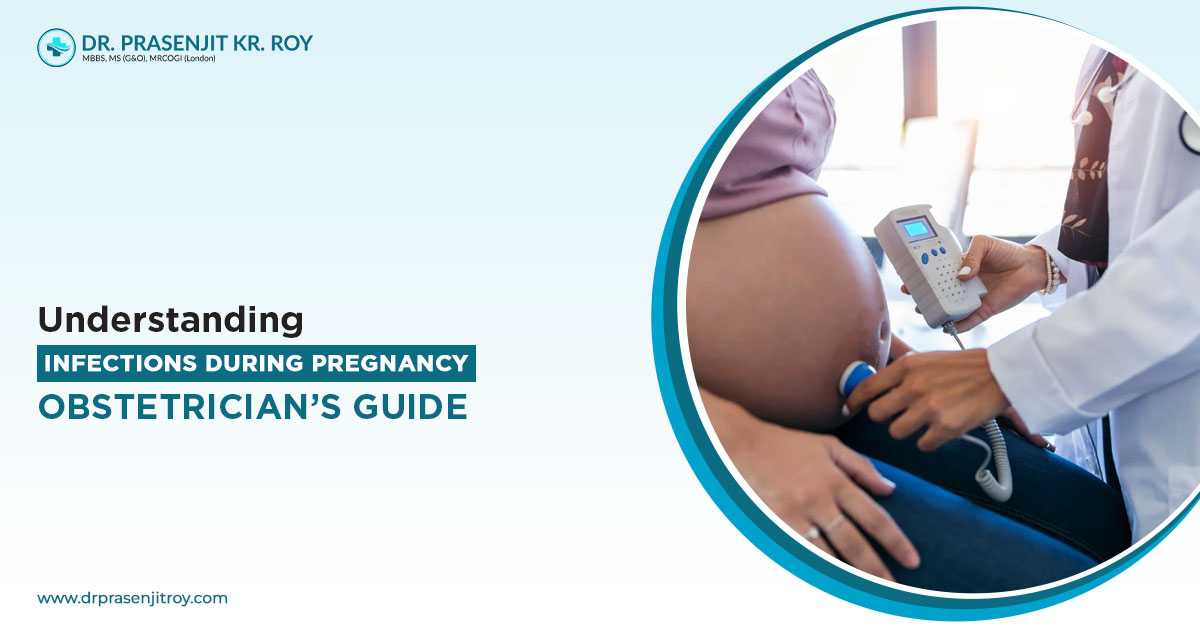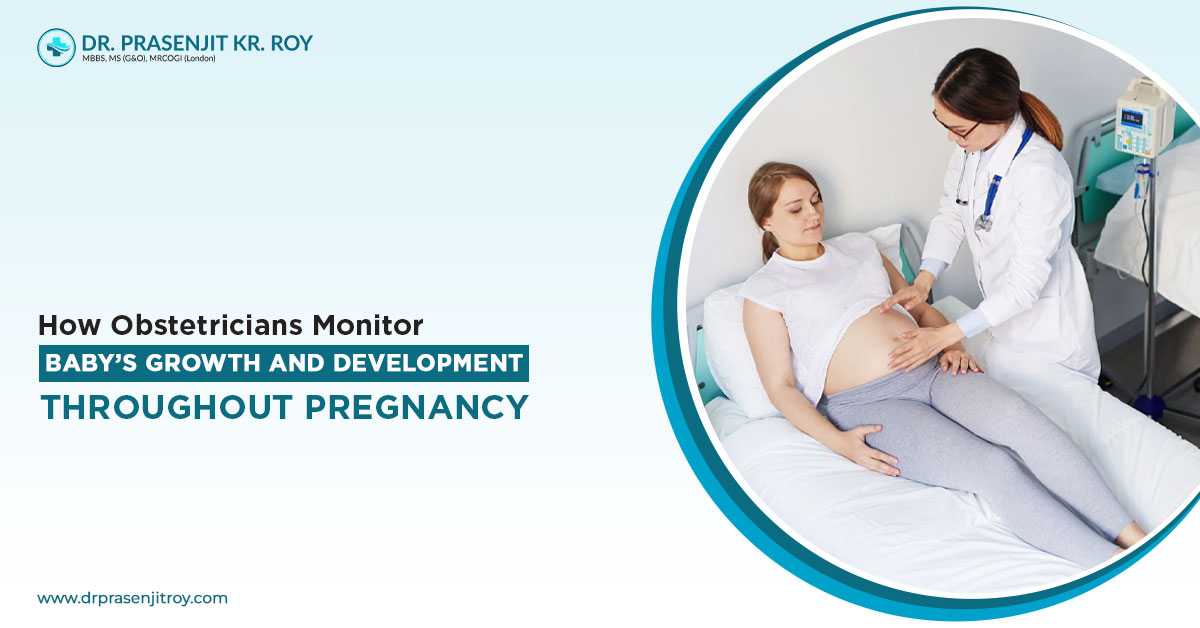Anovulation is one of the most common causes of female infertility, where the ovary doesn’t release any eggs for fertilization. Women experiencing this health complication don’t get regular periods but in certain cases, they may suffer from anovulatory bleeding or abnormal uterine bleeding.
This complication can impact any women who are in their childbearing years and if you’re also experiencing any symptoms of anovulation then you must book an appointment with the best IVF doctors in Siliguri. The doctor will first diagnose your situation with an ultrasound or certain blood tests to recommend a treatment method.
Given below is a brief description of the common causes, symptoms, and treatment options of anovulation.
Causes
The main cause of anovulation is the imbalance in one of the hormones associated with the ovulation process. This may include Luteinizing hormone (LH), Gonadotropin-releasing hormone (GnRH), and Follicle-stimulating hormone (FSH).
- Pituitary Gland Dysfunction- If your pituitary gland is not functioning properly then it will not release a sufficient amount of FSH and LH required for ovulation. Some of the health conditions that can lead to this dysfunction are pituitary gland tumors, low weight, and intense exercise.
- High Production of Androgen- Women produce a small amount of androgen hormones that are required for reproduction or growth. However, large amounts of this hormone stop the follicles containing the eggs from maturing and enlarging for ovulation.
- High Prolactin Levels- Prolactin hormones are necessary for production but breast milk but high production of it can suppress the levels of FSH and LH, which is associated with anovulation.
- Underactive Thyroid- Low production of thyroid hormones can increase the production of prolactin by the pituitary glands. This is why it can also lead to anovulation due to the low levels of FSH and LH.
Symptoms
Keeping track of your menstrual cycle is the best way to recognize the early signs of anovulation. Some of the common signs of this health complication include-
- Light or heavy periods
- Fluctuating basal body temperature
- Missed periods
- Irregular menstruation cycle
- Lack of cervical mucus
Treatment Options
1. Medications- If it is detected that some other health complication is causing anovulation then the doctor may recommend some medication to control the symptoms. For instance, the doctor may prescribe thyroid hormone medications to control hypothyroidism. Clomiphene citrate can also be prescribed to cure ovulatory irregularities.
2. Lifestyle Changes- Managing stress through deep breathing, meditation, or yoga can be the best way to treat anovulation. The doctor may also refer you to a dietician to indulge in a healthy diet that will help you maintain proper body weight. Managing weight and limiting stressors can be effective in bringing your ovulation process back to normal.
3. Injection- In certain cases, injections are also recommended by doctors to sustain the hormonal imbalance. Some such injections include GnRH antagonists and agonists, FSH injections, and Human chorionic gonadotropin (hCG) injections. These injections help your body produce enough hormones for ovulation.
You must contact experienced IVF doctors in Siliguri to control the issue of anovulation with early diagnosis and treatment. Reducing obesity, controlling the symptoms of PCOS, and decreasing excessive physical activity are some of the ways through which you can reduce the risks of anovulation.







